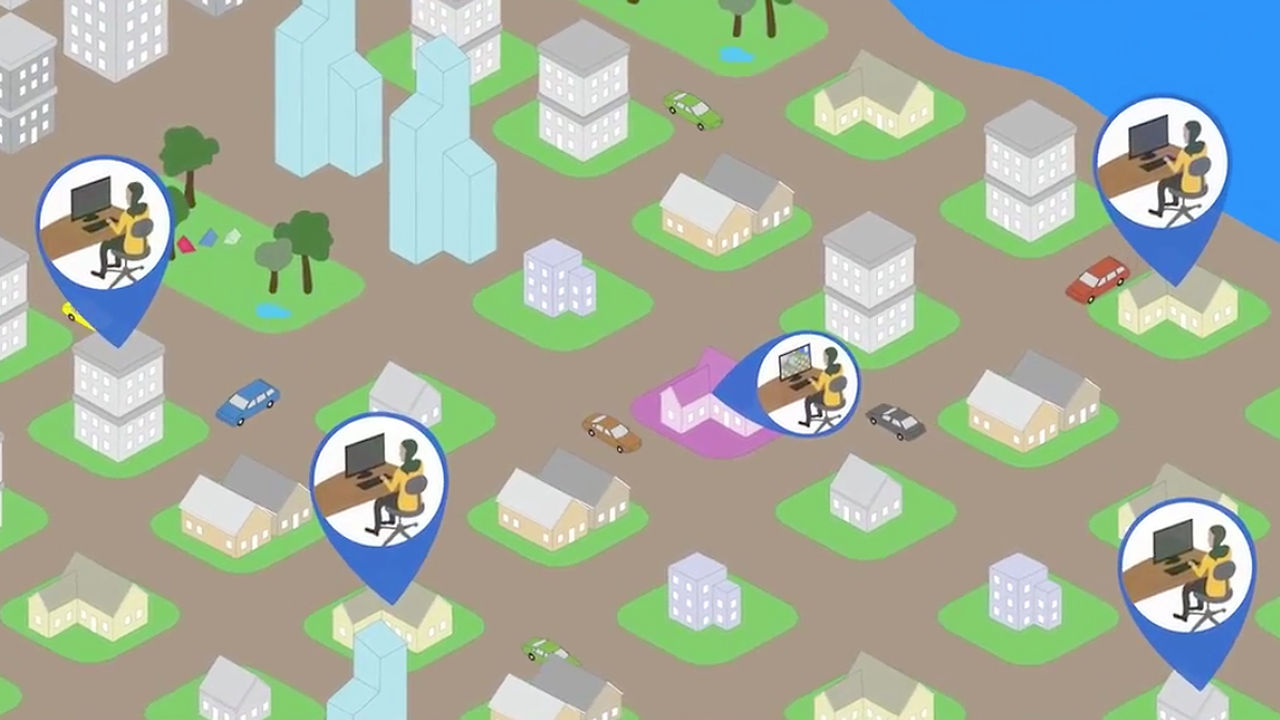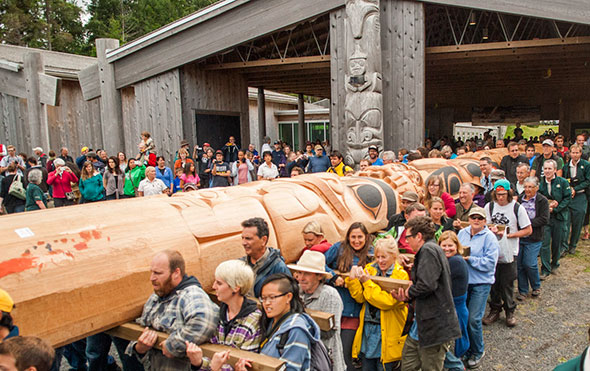Podemos and the Indignado Movement
Are more democratic systems necessary before important social-ecological transformations can occur on a large scale? Podemos is a Spanish political party that appeared in early 2014. The relevance of Podemos as a seed lies in its potential to democratize politics by challenging the two-party system that has ruled Spain for 30+ years. The most remarkable aspect of this initiative may be the degree to which Podemos has been able to activate [...]



